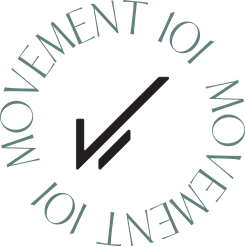|
What is an Achilles Tear?
The Achilles tendon is a band of fibrous tissue located at the back of the ankle. Its main role is to connect the calf muscles to the heel of the foot. This tendon is the largest tendon in the body and when it tightens, as the calf muscles contract, it pulls the heel allowing you to stand on tiptoe or to point your foot. Achilles tendon tears commonly occur in athletes, however, this injury can affect anyone and surprisingly, a complete tear is actually more common than a partial tear. These tears are commonly located at the part of the tendon where there is poor blood flow approximately 6cm above its attachment to the heel. Since there is poor blood supply, this part of the tendon is both vulnerable to injury and slow to heal. What are the symptoms of an Achilles tear? Primarily, an Achilles tendon tear will cause difficulty in activities such as walking, running and jumping. Other signs and symptoms of an Achilles tendon tear include:
What is the cause? Anyone can tear their Achilles tendon if the tendon is subject to excessive force or overstretching, however there are some factors that can increase your risk of injury. The most common activities that cause this injury are running and jumping. The Achilles tendon can thin and weaken both as we age and also if it is not used. As a result of this weakening, it becomes prone to injury like tear or rupture with less force or stretching required before an injury occurs. A tear of the Achilles is often observed in people with pre-existing Achilles tendinitis. Other factors such as certain medications including antibiotics and steroids and some illnesses like diabetes and arthritis can also result in weakness of the tendon, increasing injury risk. Being obese is also a risk factor as excess weight puts additional strain on the tendon. How can Physiotherapy help? Treatment for Achilles tendon tear will depend on the patient’s age, how severe the injury is and the patient’s activity level. For young people especially athletes, they opt to have surgery while older people choose conservative treatments including physiotherapy. Physiotherapy treatment for an Achilles tendon tear will involve exercises to strengthen the calf muscles and the Achilles tendon and exercises for stability. Many people are able to return to their normal activities within 4 to 6 months. Functional rehabilitation is also part of the program as it focuses on how you coordinate your body and how to move it. The aim of functional rehabilitation is to help you return to your highest level of performance. Comments are closed.
|
AuthorWrite something about yourself. No need to be fancy, just an overview. Archives
April 2024
Categories |
|
|
|


 RSS Feed
RSS Feed









